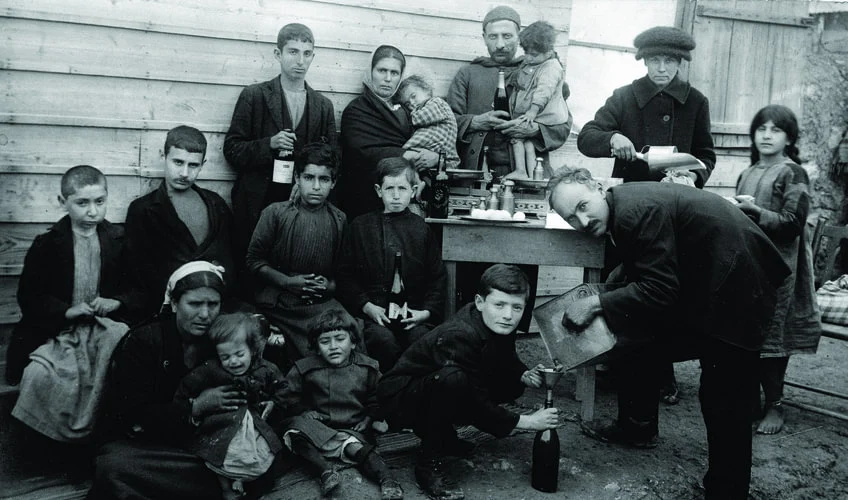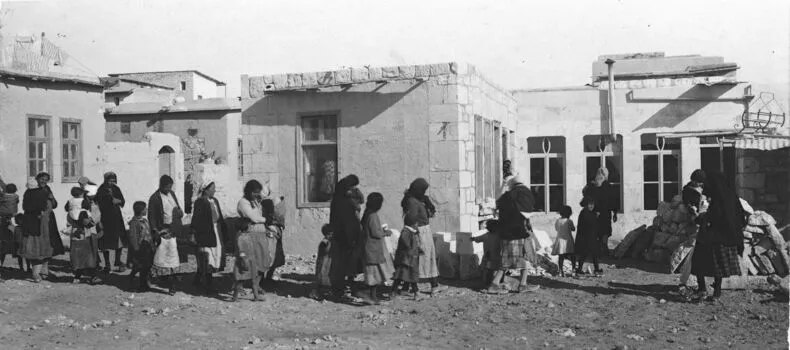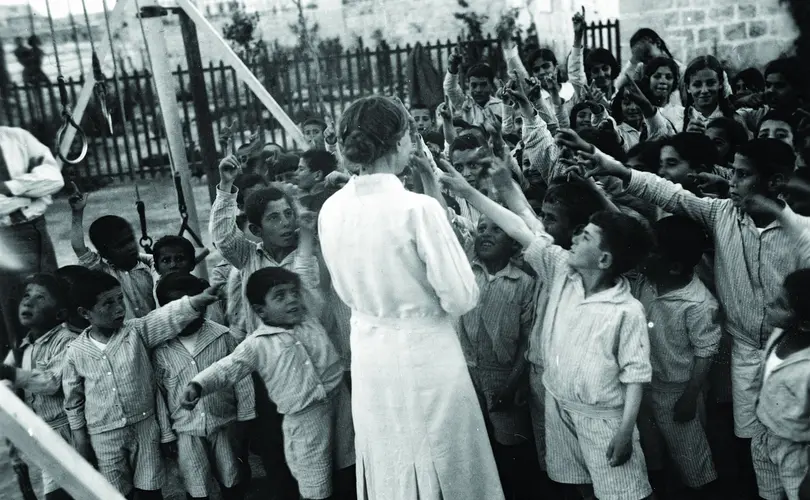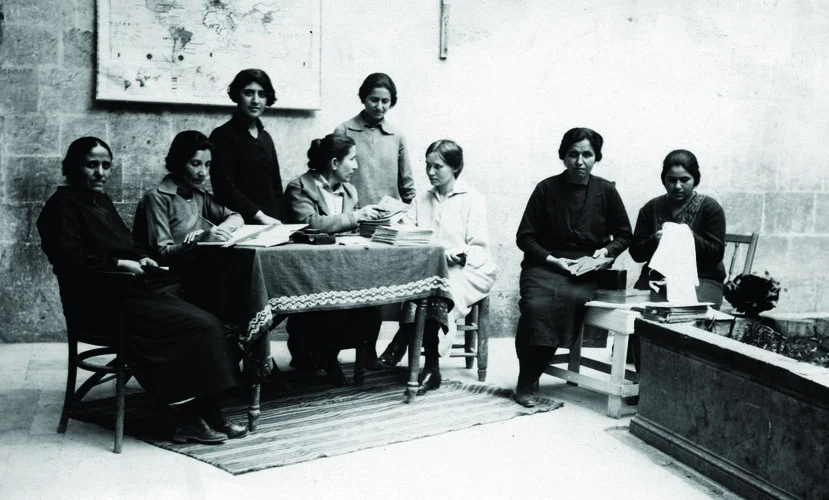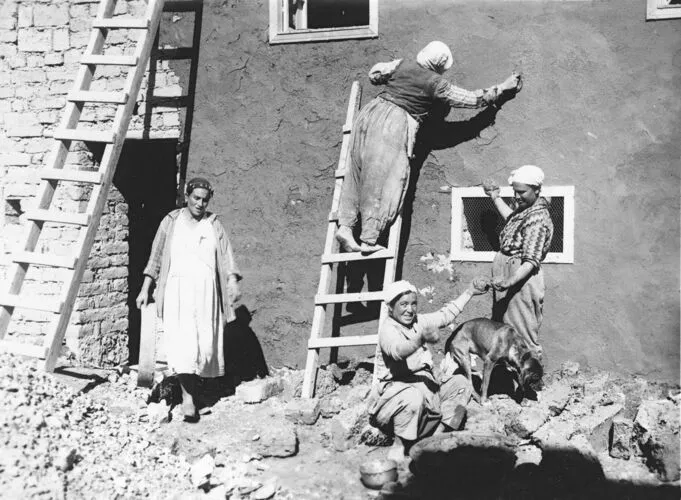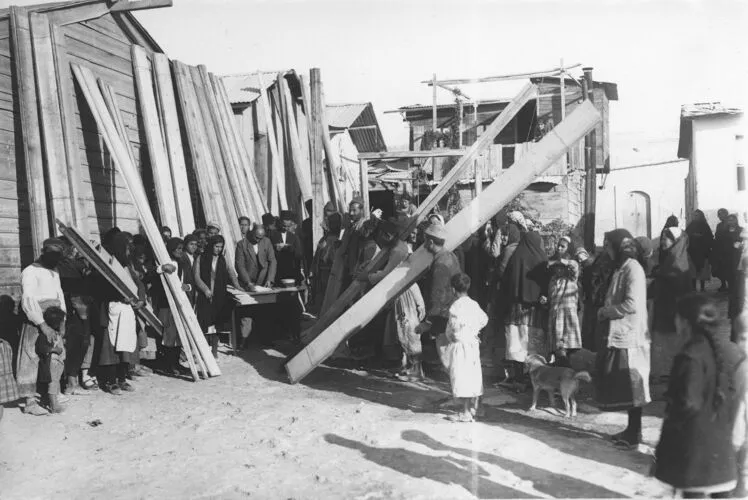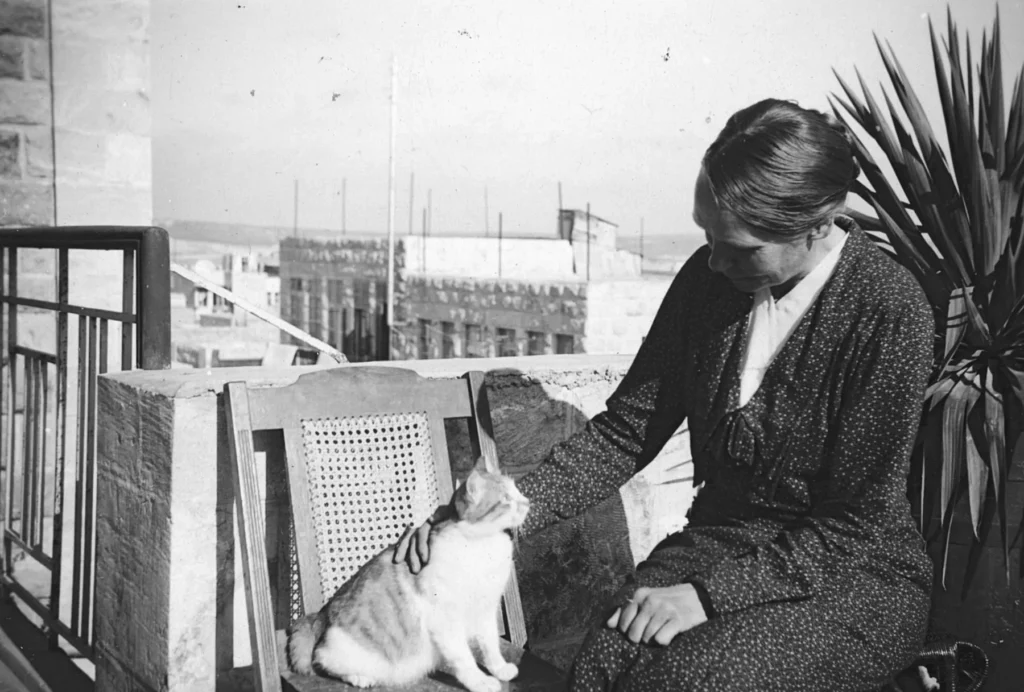Hedwig BULL: A lifetime of service to the Armenians
Born in 1887 in Estonia, into a Lutheran family, Hedwig Bull developed a gift for languages and teaching at an early age while her faith urged her to serve the most deprived. She trained in the fields of education and social work and she studied the Christian faith prior to being sent to Marache in the region of Cilicia in Anatolia by the German mission of the Hilfsbund.
Hedwige Bull in Aleppo

